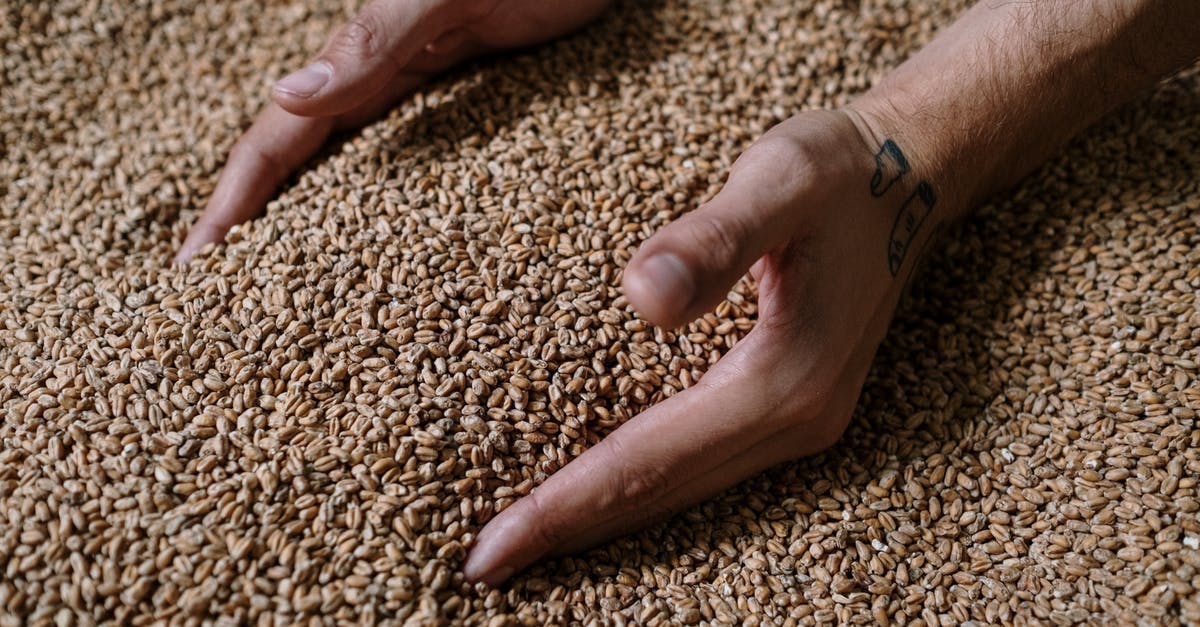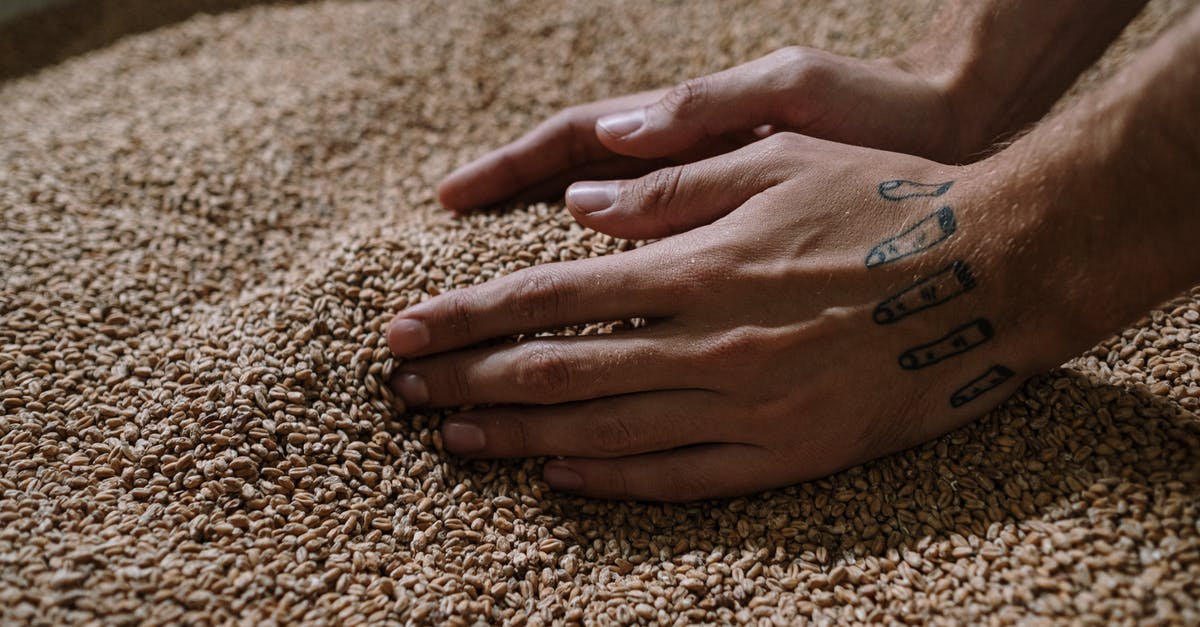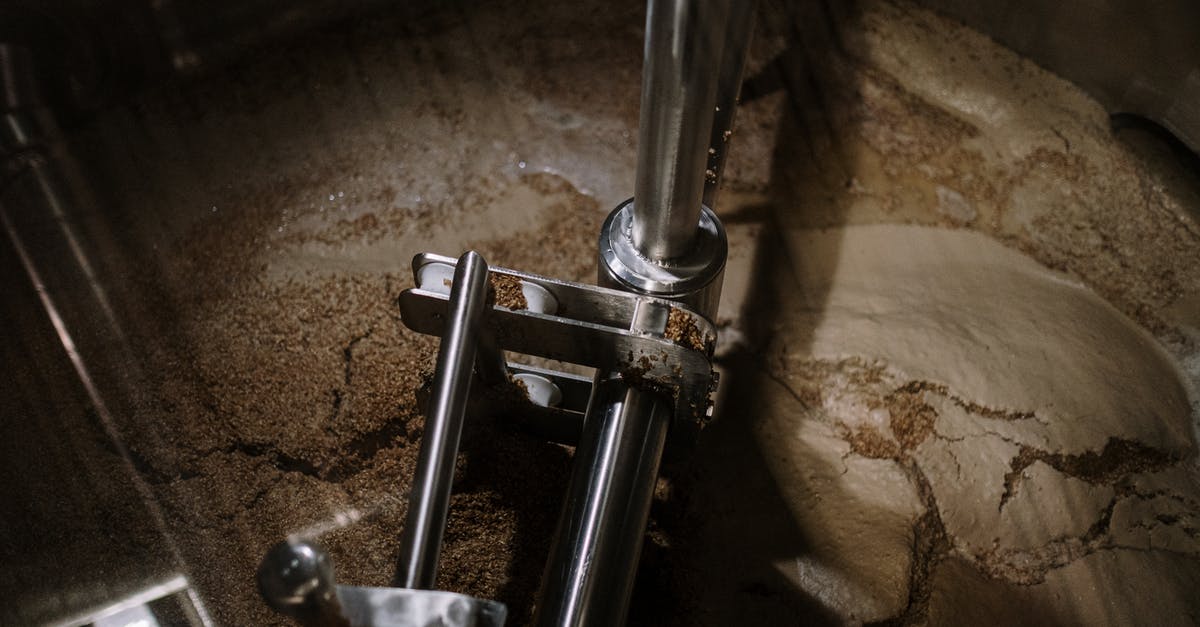What's the worst that could happen when fermenting sauerkraut?

I've been wanting to make "REAL" Sauerkraut for awhile now but im really averse to food borne illnesses.
So obviously fermenting something is sorta scary to me! But tons of people make sauerkraut all the time. So I guess im asking what's the worst thing that could happen?
I mean is there anything that could kill me? or would something that would get that bad smell so foul that there is no way I could eat it?
Best Answer
If you follow proper procedures, it's safe. The correct amount of salt (initially) and the acid developed by the desirable bacteria population prevent the process being taken over by non-desirable bacteria. It works. Right around 2% by weight salt to cabbage (or cabbage and...) is a good number, with Stephie's German sources suggesting that possibly even 0.75% would be sufficient. More than 2% is NOT better (I have experimental results, even.) There should be no need to add water.
I personally prefer to use some red cabbage when fermenting in a clear container, as it gives me a visual clue to acidification progress. If using an opaque crock, no point in that (other than if you happen to like pink sauerkraut), as you should not open the crock to check (letting air in is bad practice.) I keep my clear containers in the dark.
IMHO after a lot of research before I dove in last summer, you should absolutely use an airlocked or watersealed container and leave it alone for 6-8 weeks. The "open crock method" that for some reason seems to be "traditional USA methodology" (why, I can't imagine, we had plenty of immigrants who knew better) is best avoided, as it pretty much ensures a mold battle. Properly tightened (not overtightened, not loose) canning jar lids are one form of airlock (do not loosen them - but keep the jar in a bucket just in case you over-tightened them, as it will contain the mess.) The nutty folks who are checking on it every few days are making something vaguely fermented, but it's not (IMHO) sauerkraut, which takes time; and they raise the odds of mold hugely. "Traditional fermentation crocks" with a water-sealed lid are another approach which works well, albeit generally with a commitment to a larger batch.
I've made 4-5 batches by now, all done under airlock; one (with insufficient weight) did poke cabbage above the liquid line and develop "kahm" yeast - I saw it, I left it alone, I tossed the top layer into the compost when I opened the jar, the rest is fine. With sufficient weight, that should not be a problem.
So, for the first time ever, I'll plant cabbage next year (I dislike cabbage, but I like sauerkraut.)
Pictures about "What's the worst that could happen when fermenting sauerkraut?"



Quick Answer about "What's the worst that could happen when fermenting sauerkraut?"
Botulism is an anaerobic bacteria, meaning it thrives in LACK of oxygen. Good sauerkraut practice is an oxygen-free environment, but keeps the botulism down by other means. Also, botulism may not be detectable by sight, smell or taste but still make you sick (or dead).What can go wrong when making sauerkraut?
Too much air in your jar can lead to mold and yeast growth since it may take a while for the production of gases by the bacteria. These CO2 gases force oxygen out of the jar. Add more cabbage or move it to a smaller jar. Ferment at cooler temperatures.What happens if you ferment sauerkraut too long?
Also, a too high fermentation temperature can change the texture from crispy to mushy and limp. In summer months or warmer climates, fermenting for too long can lead to an unpleasant, acrid, and vinegary taste. You may have to rinse the kraut under running water before consuming it to reduce the acidic, sour taste.Can you get food poisoning from homemade sauerkraut?
While most fermented foods are safe, it's still possible for them to get contaminated with bacteria that can cause illness.What can go wrong when fermenting?
Still, here are some more hard and fast signs that a ferment has gone wrong:- It's moldy. Pink or fuzzy is not good.
- It's mushy. Who wants mushy pickles or kraut?
- Its smell repels you because it's putrid or rotten, not just sour. Your nose KNOWS this!
- When you taste it, it gives you an upset stomach.
What REALLY HAPPENED to MOMMY LONG LEGS?! *SECRET* POPPY PLAYTIME CHAPTER 3 ANIMATION!)
Sources: Stack Exchange - This article follows the attribution requirements of Stack Exchange and is licensed under CC BY-SA 3.0.
Images: cottonbro, cottonbro, Enoch Patro, cottonbro
